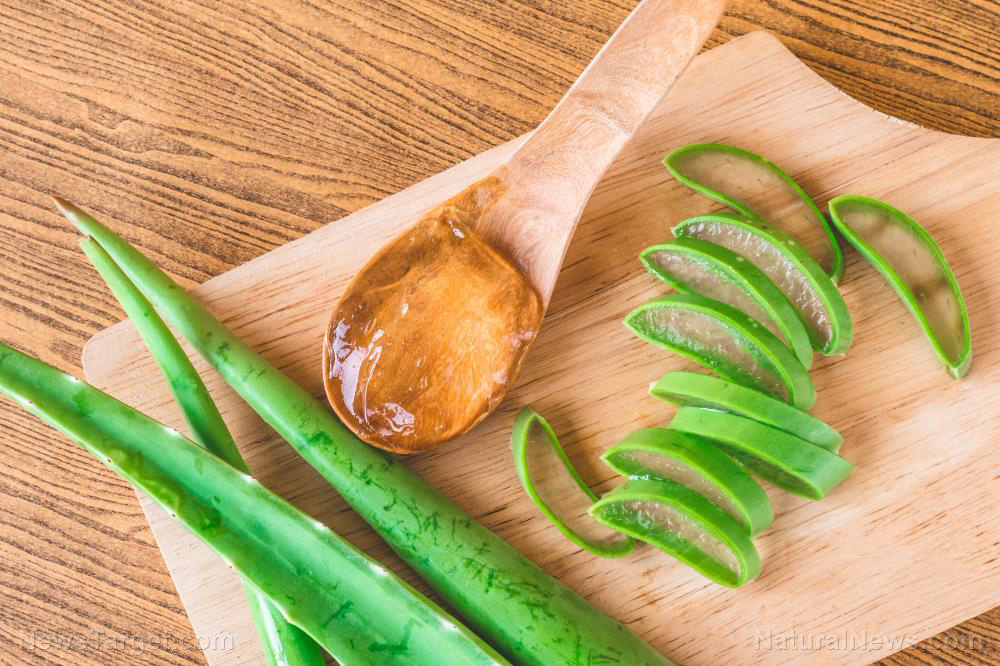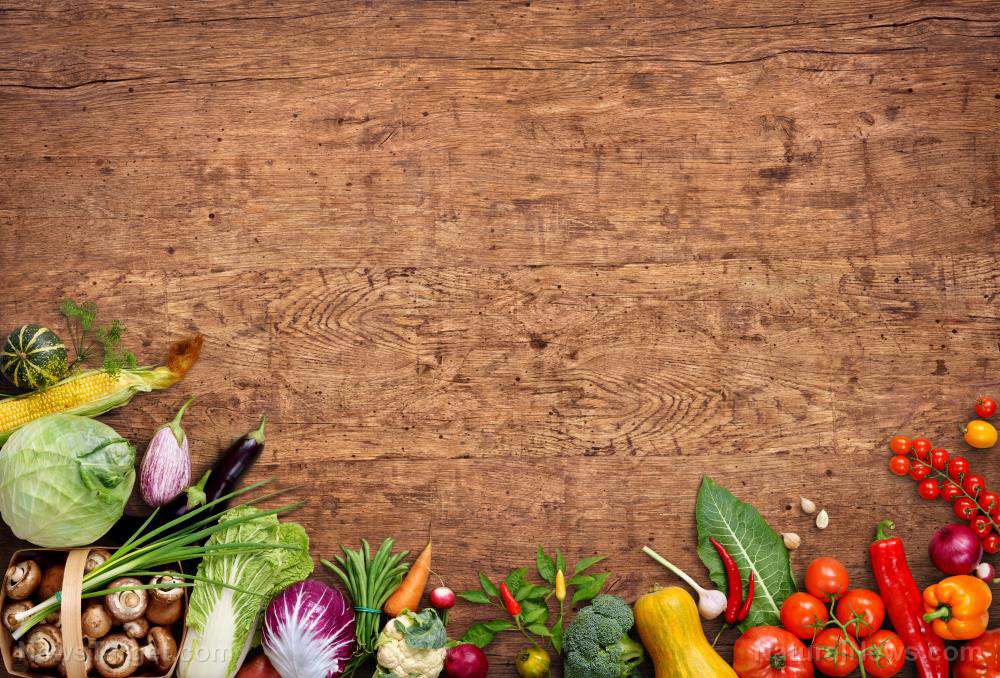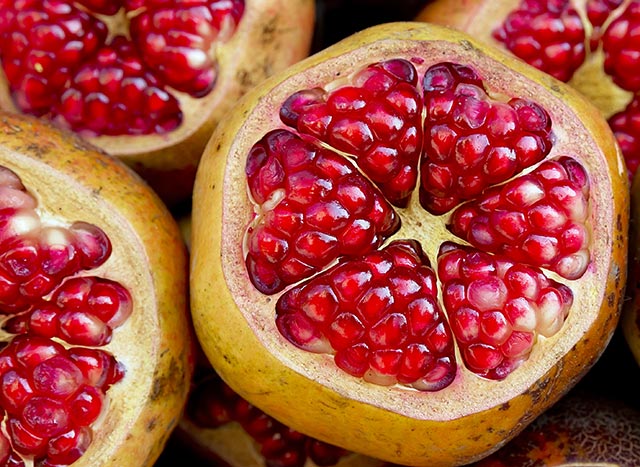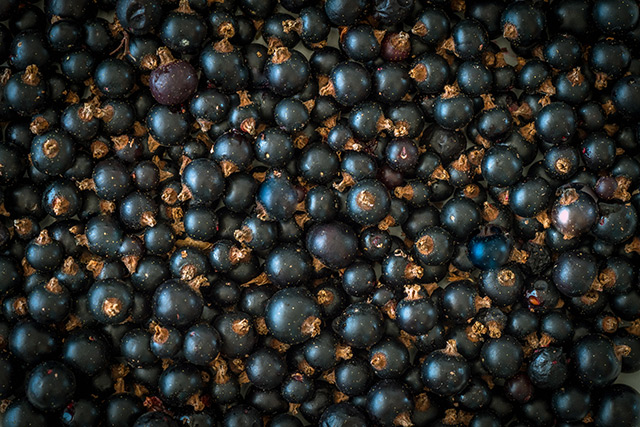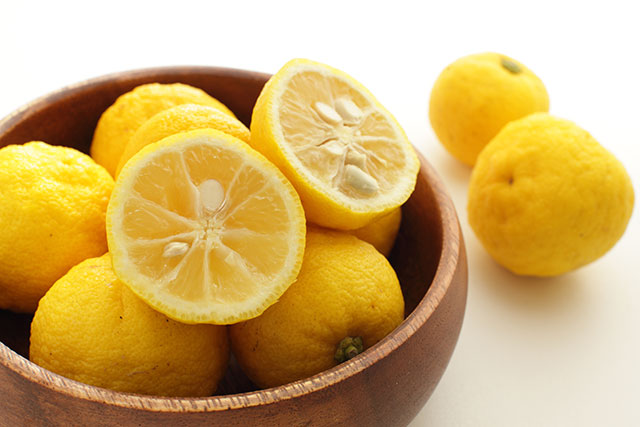The humble broccoli brings DRAMATIC benefits to your digestive health
06/24/2018 / By Rhonda Johansson

The humble broccoli, which has often taken the much-undeserved title of “America’s most hated vegetable,” is one of the best superfoods out there. Nutritionists love the little green plant for its antioxidant and anti-inflammatory properties, but new research confirms its use in promoting digestive health.
But before you scoff at the conclusion, remember that there’s a deep and intrinsic connection between gut health and overall well-being. The dramatic benefits that broccoli gives your gut have an implied benefit to just how healthy you are, overall.
The authors of this new study were excited by their findings. In particular, they found that a broccoli-rich diet contributed to increased resistance to various digestive issues. They say that their results suggest that broccoli can be used to prevent colitis, leaky gut, and other inflammatory-related digestive conditions. (Related: Broccoli: A Natural Way to Build Immunity.)
The key lies in a compound released when broccoli is eaten called indolocarbazole (ICZ). ICZ helps balance the immune system and gut by reducing inflammation while boosting digestive health. This, in turn, lessens the risk of bowel diseases caused by chronic inflammation – not least of which is ulcerative colitis.
More importantly, ICZ helps promote barrier functioning in the gut. Basically, imagine broccoli bringing in the big guns in shooting down those nasty toxins trying to break into your stomach.
Broccoli is also a potent detoxifier. The synergistic action of the different compounds in the vegetable clear out carcinogens and free radicals in the body. The superfood is also an excellent source of fiber, an essential dietary component of gut health.
So how much broccoli should you eat every day? Nutritionists recommend around 3.5 cups every day. An equivalent amount of the healthful compound ICZ can be obtained from one cup of Brussels sprouts.
“Gut” to get some of those foods
Remember that you are what you digest (and not what you eat). What you put in your mouth plays a crucial role in how well you are and your ability to fight off diseases.
Thankfully, Mother Nature has provided us with yummy foods that can ease our digestion.
Here is a list of some of them:
- Chia seeds – This is a tasteless but nutritious way to better digestive health. The tiny seeds are great sources of fiber, omega-3 fatty acids, and various minerals and antioxidants. In fact, only two tablespoons of chia seeds provide around 10 grams of fiber — that’s 33 percent of your daily recommended intake.
- Coconut oil – Coconut oil contains fatty acids that improve digestion while boosting energy and metabolism.
- Zucchini – A powerful little vegetable, the zucchini is both filling and hydrating. It promotes gut health and detoxifies the body. This is due to its high fiber content that acts as a mild laxative.
Conversely, these foods should be avoided as much as possible.
- High-fat and fried food – Both of these food items cause your stomach to produce more acid to digest them. This often results in acid reflux and heartburn. Some studies have even suggested that a diet rich in high-fat food can cause pale-colored stool (known as steatorrhea). This is essentially excess fat that is present in your feces.
- Sugary drinks – These play a number on your stomach and can cause diarrhea and/or cramping.
A good rule of thumb for better digestive health is to load up on green, leafy vegetables and eat as much of the rainbow as you can. Whether or not you choose to eat broccoli, remember that eating organic food helps your gut which inevitably benefits you in the long run.
Sources include:
Tagged Under: broccoli, digestion, digestive health, food as medicine, food cures, food science, good diets, good nutrition, groceries, gut health, proper nutrition, Veggies










